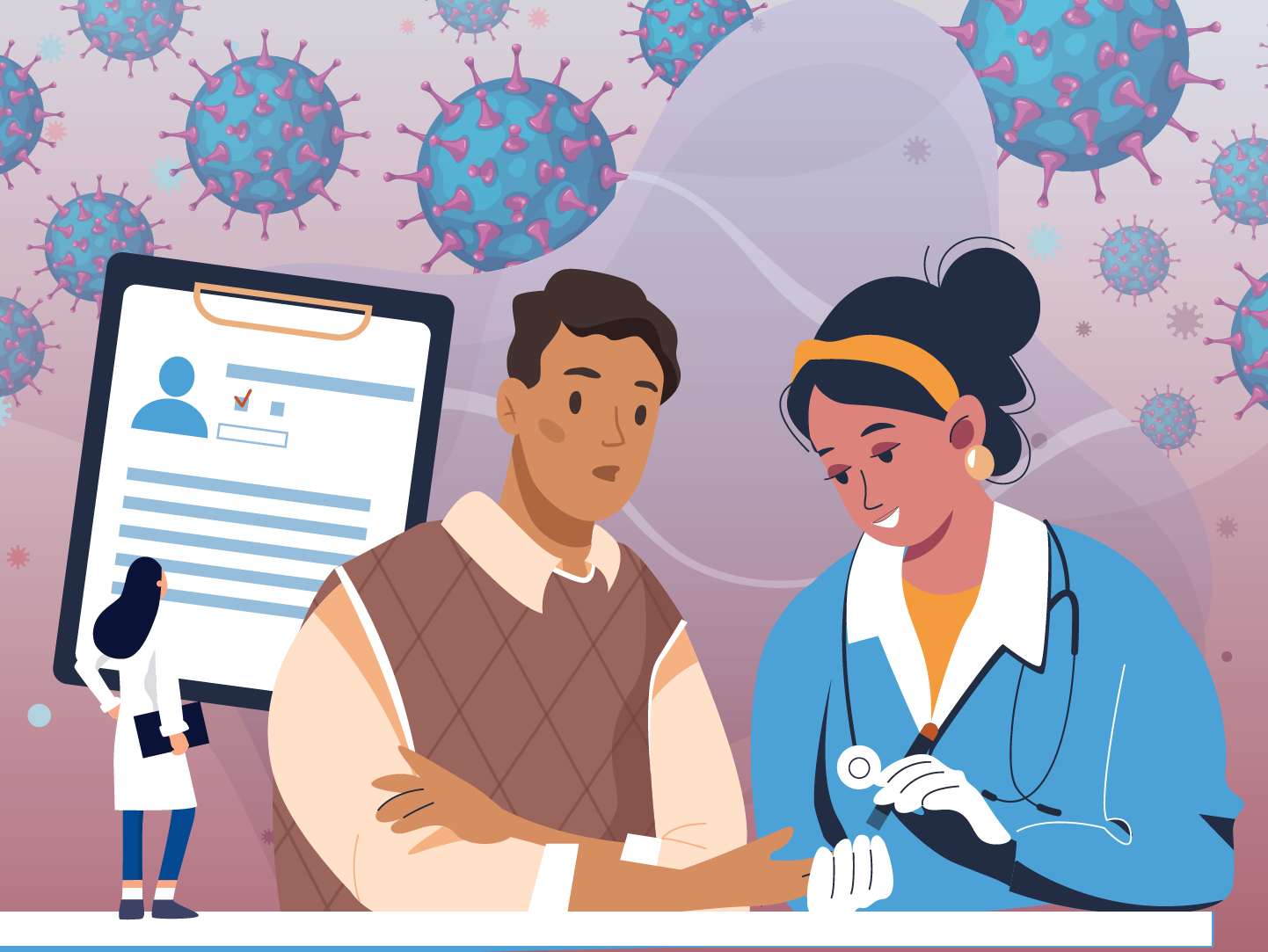Services

Hepatitis C Testing
Page Contents
Overview
How Do You Catch Hepatitis C?
Testing For Hepatitis C
Treatment for Hepatitis C
Is Everyone Around Me at Risk?
Hepatitis is swelling known as inflammation of the liver and has many different causes. Despite often not demonstrating any noticeable symptoms until the liver has been significantly damaged and if left untreated, it can be potentially life-threatening. Hepatitis can be caused by chemicals that are toxic to the liver, heavy drinking, known as alcoholic hepatitis, some immune conditions, or by one of a group of viruses, known as the hepatitis viruses, which include Hepatitis A, B, and C.
How Do You Catch Hepatitis C?
Hepatitis C is a blood-borne virus. This means that your blood needs to come into contact with blood from another individual who is infected with the virus. Consequently, there are a number of ways in which you can contract Hepatitis C, for example:
- Sharing or reusing needles, syringes, spoons, filters, or water.
- Sharing of drug-snorting equipment and sharing crack pipes.
- Tattooing and body piercing.
- Blood transfusions, prior to 1992.
Testing For Hepatitis C
There are two tests that are required when testing for Hepatitis C, These are the antibody test and the PCR (RNA) test. please see below for more information.
Antibody Testing for Hepatitis C
This is the test that we conduct at P&S Chemist. The antibody test works in a very simple way. If you have ever come into contact with the Hepatitis C virus, your body will produce antibodies to try and fight the infection. If antibodies are detected in this test, then a second more advanced PCR (RNA) test will be performed.
PCR (RNA) Testing for Hepatitis C
This test will check for the presence of the actual virus within you. It is important to remember that approximately 20% of people who come into contact with Hepatitis C, will clear it naturally, usually within 6 months. Such individuals will always test positive for antibodies, although they will not test positive with the Hepatitis C PCR (RNA) test.
Treatment for Hepatitis C
New treatments that are available on the NHS can cure Hepatitis C in almost everyone who takes them and are easy to take. The new treatments do not contain interferon, consisting entirely of pills, and are now much shorter, only lasting 8-12 weeks.
Treatment is available through the NHS, with a government-agreed target of eliminating Hepatitis C by 2030. However, not all treatment services run perfectly, so if you are having trouble getting treatment please call the Hepatitis C Trust's National Helpline on 020 7089 6221.
Is Everyone Around Me at Risk?
The simple answer is no. People around you are only at risk if their blood comes into contact with your blood. This is not as easy as it sounds. As long as you are not sharing drug, piercing, or tattooing equipment the risk to others is extremely low. Some precautions might be keeping toothbrushes and razors separate from family or friends, and being careful to mop up any blood spills.
You cannot catch hepatitis c from hugging, kissing, sharing cutlery, and shaking hands, as these actions will not transmit the virus.
Page last reviewed: 25/10/2021
Next review date: 25/10/2023